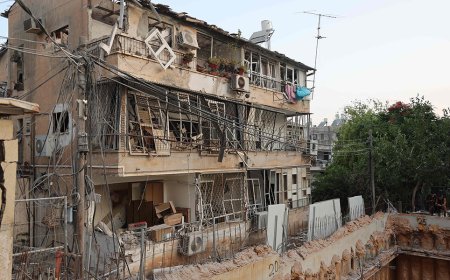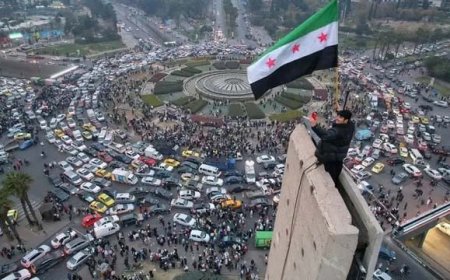Anti-India sentiment drives Bangladeshi medical tourists to Malaysia
Malaysia’s emphasis on halal tourism has been pivotal in catering to the preferences of Bangladeshi travelers.

Anti-India Sentiment Drives Bangladeshi Medical Tourism to Malaysia
A growing anti-India sentiment among Bangladeshis has caused a notable shift in medical tourism, redirecting patients from India to Malaysia, according to Travel and Tour World. This transition has bolstered Malaysia's medical tourism industry, capitalizing on its reputation for affordable and high-quality healthcare services.
Evolving Trends
For years, India was the leading destination for Bangladeshi medical tourists due to its geographical proximity, cost-effective treatments, and advanced medical technologies.
However, rising political tensions and anti-India sentiments have led to a decline in Bangladeshi patients traveling to India. Tensions escalated recently when members of the Hindu Sangharsh Samiti stormed the Bangladesh Assistant High Commission in Agartala, India. This incident prompted Dhaka to summon India’s high commissioner and suspend consular services.
Reports indicate a noticeable drop in Bangladeshi medical tourists to India, alongside a rising preference for Malaysia. This trend underscores how geopolitical factors can influence personal healthcare choices.
Why Malaysia is Gaining Ground
Malaysia’s healthcare system is internationally recognized for its excellence, featuring accredited hospitals, multilingual medical staff, and advanced treatments.
Competitive pricing and patient-centered packages further enhance its appeal as an alternative to India. For Bangladeshi patients, Malaysia offers halal-friendly services, culturally sensitive care, and personalized attention.
Simplified visa procedures, improved travel connectivity, and government efforts to promote Malaysia as a healthcare hub have also contributed to its growing popularity.
The influx of Bangladeshi medical tourists has not only boosted Malaysia’s healthcare sector but also positively impacted related industries such as hospitality, transportation, and retail. Malaysia’s emphasis on halal tourism aligns seamlessly with the preferences of Bangladeshi travelers, creating a mutually beneficial dynamic.
Challenges and Opportunities
For India, this shift presents challenges for its medical tourism sector, which must address the impact of political tensions on patient inflows.
For Malaysia, the growing demand from international patients calls for scaling up healthcare infrastructure and expanding workforce capacity to sustain service quality while meeting increasing expectations.
This evolving landscape highlights the interplay of geopolitical relations, healthcare offerings, and economic opportunities in shaping medical tourism trends.
What's Your Reaction?





















































































